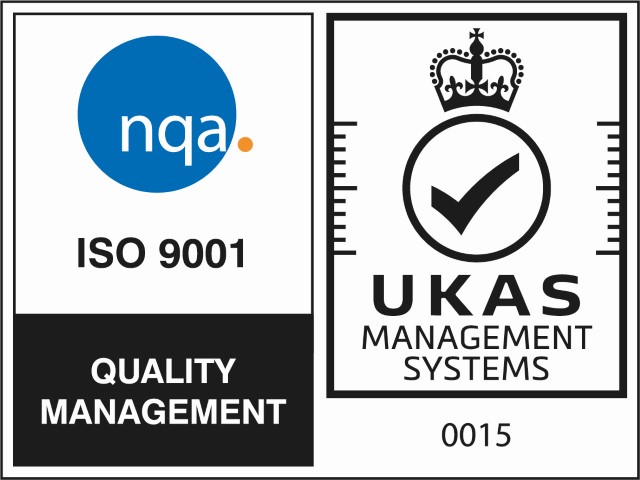It may seem like bad news if you think that you have bats in your property and certainly in terms of the legislation afforded to the protection of bats, it is a veritable minefield. Penalties relating to infringement of these legislations include anything up to six months imprisonment and/or a fine of £5,000 for each incident relating to each individual bat. Yet in truth in most cases property owners and bats can coexist without any problems. Moreover, unless you plan to do any building work or they happen to find their way into your living space regularly there is no need to do anything. Bats do not cause any harm to your property.
Needless to say, should you discover bats in your property it is essential to act with the utmost caution. It is worth noting that bats will return seasonally and often to the same roost. Discovering an empty roost does not mean that the bats will not return. Legislation states that it is a criminal offence to destroy or obstruct roosts; whether the bats are occupying the roost or not. Equally, the disturbance, harming or killing of a bat also has serious legal consequences.
Clean and sociable, bats love just hanging out and grooming themselves for hours! Contrary to popular belief, and the concern of most property owners, bats will not destroy wood, wires or loft insulation; nor will they infest the property.
The good news doesn’t just end there! Any entomophobes (fear of insects) or arachnophobes (fear of spiders) out there will be delighted to hear that most bats only eat insects, and certainly this applies to the type of species property owners are likely to find roosting in their property.
Sadly despite bats rarely causing any problems, many people have a fear of them and are concerned if they find the animals roosting in their properties.
On the whole bats tend to take shelter in small spaces. Hibernating during the winter months; often their presence only becomes apparent with the arrival of summer. As nocturnal mammals (bats are the smallest of all mammals and in point of fact are the only mammal capable of flight) they are most active at night.
Most of us anticipate finding bats in loft spaces, however; they can be found roosting between roof tiles and felting, below ground level in cellars or outside the building in areas including window ledges and drainpipes. Unbelievably a bat can access your property through a gap measuring as little as 20mm. Keeping a regular check on any building maintenance should reduce the likelihood that bats can access your property.
Different species of bat prefer different places to roost. On the whole there are two species that are most likely to be found in properties throughout the British Isles; the Pipistrelle or the Long-eared bat. Pipistrelles are especially fond of tight spaces while the Long-eared bats are most commonly found in roof spaces.
So how do you know if you have got bats roosting in your property? Having seen bats in flight at dusk in close proximity to your property or finding them in your living space does not necessarily indicate that you have bats roosting. It is also unlikely that you will hear anything. Bats use a variety of differing sounds to communicate, most of which are inaudible to the human ear. Our only way of hearing these strange sounds is by way of the use of a bat detector which will pick up the ultrasound waves that bats create to navigate at night.
Often the best way to detect bats is to check for droppings. Bat droppings are similar in appearance to those produced by mice however they have different characteristics and will disintegrate under pressure (where as mouse droppings will not) making the identification process quite simple.
Bat droppings themselves do not pose a health risk although it is advisable to wear gloves or similar protection when testing the droppings. A gentle squeeze between your thumb and forefinger is all that is required to cause a bat dropping to disintegrate. Although rabies should not be of concern there is the potential hazard of catching rabies from a scratch or a bite from an infected bat. Under no circumstances should you attempt to catch a bat or cause bats to be anxious or alarmed. The delicate nature of their skeletal structure in terms of both their bodies and their wings means that they are extremely fragile.
If you do choose to do the initial investigations yourself and believe bats are living in your property it is important in the first instance to contact Natural England on 0845 600 3078 who will provide free advice on how to ensure any renovations are legal. This either involves the use of specialist techniques or working at a particular time of year. In certain cases a license can be issued so that more extreme renovations can be carried out. Professional advice from an ecological consultant may also be necessary.
A Chartered Surveyor can also arrange a survey that will ensure the property is thoroughly examined for any signs of bats, using both visual techniques and ultrasound detectors, thus avoiding any likelihood of prosecution.











